Published

Sammy Zoghlami
SVP EMEA at Nutanix
Over 80% of organisations are concerned about managing the costs of their cloud computing estate. see more
- 07:00 am
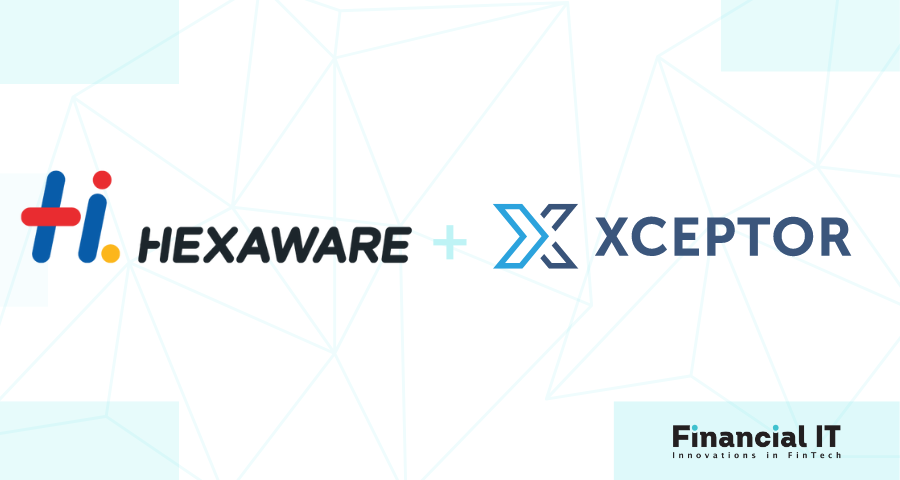
Hexaware Technologies, a global IT services company, and Xceptor, a leading data automation platform provider, have launched a new Center of Excellence and Solution factory in Pune, India.
The partnership combines Hexaware's banking & financial services expertise and technical delivery capabilities with Xceptor's best-in-class platform for automating data workflows to offer innovative data automation solutions worldwide for banking and financial services companies.
The Xceptor Center of Excellence (CoE) will offer Hexaware clients access to over 70 qualified data and analytics experts certified to design and configure data automation workflows rapidly.
Hexaware is Xceptor's first partner to be awarded the new Advanced Practitioner certification. As an Xceptor preferred partner, Hexaware has access to dedicated Xceptor resources, exclusive training modules, and advanced certification for their professionals to help businesses automate manual processes, consolidate data, and accelerate innovation at scale to meet increasing client and regulator demands.
Sandeep Kumar, Business Head (Global) - BFSI BPS at Hexaware, said, “The CoE opens the door to a new wave of capability and innovation for banking and financial services companies worldwide.”
“We’re thrilled to see this joint venture with Hexaware become a reality,” said Joshua Monroe, Chief Revenue Officer, Xceptor. “The Center of Excellence has everything it needs for Hexaware clients to become pioneers in modern banking and finance processes. As more professionals pass through our training programs, the overall result will be a transformed industry with end-users being the ultimate beneficiaries.”
Related News
- 03:00 am

Ethical lender Plend has selected GoCardless, a global leader in direct bank payments, to provide Variable Recurring Payments (VRPs) through GoCardless’ Instant Bank Pay feature.
Plend will use VRPs alongside GoCardless Direct Debit to offer customers even more payment choice. The flexible nature of VRPs will enable customers to easily change their payment schedule to suit their financial situation. Because VRPs offer instant payment confirmation and move money more quickly than Direct Debit, they will also give customers an up-to-the-minute view of their finances and lower the incidence of late payments.
On the back-end, VRPs will significantly reduce the number of manual tasks for the operations team as more routine work becomes automated, such as creating new mandates when customers want to change their loan value or repayment period. The automation means that Plend’s customers can make changes to their payments anytime, tapping into features like payment holidays and interest rate freezes without an additional wait.
Jamie Pursaill, co-founder and Chief Technology Officer at Plend, said: “We’re excited to adopt VRPs to make loan repayments truly tailored to each customer, especially as the cost of living crisis continues. In addition to making the process smoother, our team can use VRPs to be more responsive to customers who are missing payments or in financial difficulty, reaching them faster and hopefully coming to a resolution even sooner. Plus, we can pass on the savings from our efficiency gains to our customers in the form of lower APRs.”
Pat Phelan, UK MD and Chief Customer Officer at GoCardless, said: “We’re proud to support Plend as they broaden financial inclusion through smarter credit decisioning. The use of cutting-edge technology to personalise their offering is at the heart of their business model, so it’s no surprise they plan to introduce VRPs to offer greater flexibility for their customers. We can’t wait to see the benefits of VRPs come to life through this use case.”
GoCardless has been active in the VRP space since 2019, when it took the first live transaction through a sandbox developed by the Open Banking Implementation Entity. In 2022 it became one of the first VRP providers for NatWest Group and launched a ‘non-sweeping’ VRP pilot with NatWest and Charity Right. GoCardless provides VRPs through its account-to-account payment platform, which covers both Direct Debit and open banking payments, to several companies in the financial services sector including Pillar and Nude.
VRPs are a new form of payment powered by open banking. Similar to Direct Debit payments, VRPs allow an organisation to collect payments from a customer on a recurring basis, without asking for permission each time.
VRPs are a great payment option when you want more speed, transparency and control. They offer instant payment confirmation instead of the two to three-day wait with Direct Debit. In addition, with Direct Debit you can only see the mandate and the last amount taken, and you must cancel or amend your payment in advance. VRPs allow you to manage your mandate and payment parameters within your banking app and they can be cancelled or amended right up to the moment before a payment is taken.
Related News
- 08:00 am
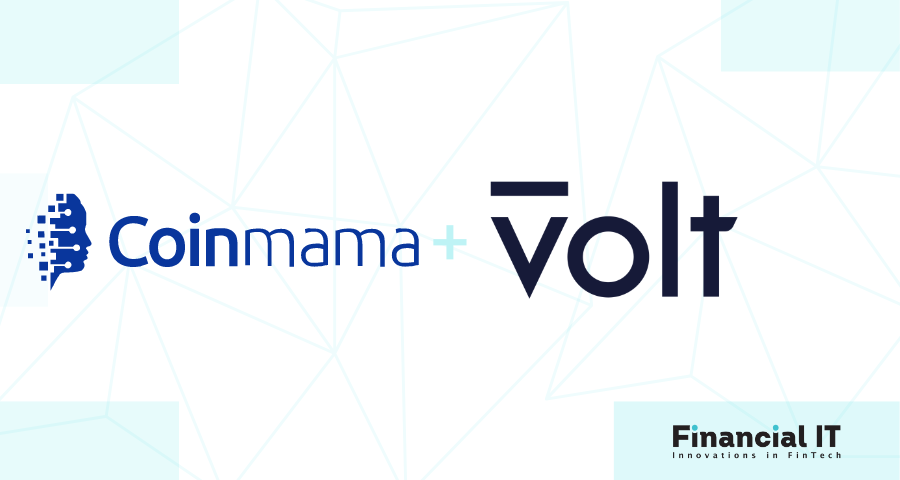
Cryptocurrency exchange platform Coinmama has partnered with Volt, the leading global gateway for real-time payments, to enable open banking payments for its customers across Europe and Brazil. The partnership unlocks growth for Coinmama as it increases its coverage in key European markets, enabling real-time deposits and payouts for customers buying and selling cryptocurrencies.
By integrating Volt’s pan-European open banking solution for account-to-account payments, Coinmama can enhance the speed and ease of on-ramp and off-ramp experiences for its customers, building on the existing capabilities. Open banking payments eliminate the friction created by legacy payment methods for cryptocurrency trading (as card payments have long settlement times of up to 3-5 business days, and traditional bank transfers are potentially blocked as some banks enforce crypto bans to mitigate fraudulent activity).
Volt’s payment solutions are near-instant and enable customers to have full control of their funds. Coinmama is leveraging Volt’s hosted checkout page, which simplifies operations in European markets and enables customers to authorise transactions using their preferred authentication methods, usually via biometrics such as fingerprint recognition or face ID.
Cryptocurrency trading is amongst the sectors with the fastest adoption rate for open banking payments, as crypto buyers value the ease of use, security and control over funds. Overall, the value of open banking-powered payments reached almost $4bn in 2021 and is expected to exceed $330bn by 2027.
Founded in 2013, Coinmama has successfully created a secure and easy infrastructure for global users to buy and use digital currencies worldwide. Its growing community is now over 3.5 million strong, in over 188 countries, and trades in over 10 cryptocurrencies, including Bitcoin, Ethereum and other digital assets.
“Integrating Volt’s payment solution was an important part of our vision to make purchasing cryptocurrencies as safe and straightforward as possible. Our main goals are higher bank coverage and ultimately higher conversion, and a critical part of this puzzle is providing the fastest, digitally native payment options available. We started experimenting with open banking payments in Europe very early on, but we discovered a whole slew of issues where reality and theory clashed - teething problems such as IBAN discrimination, API reliability, payment disputes and fraud management issues. Volt has years of real-world experience in solving these challenges, and this partnership will help us provide a higher level of usability to our customer base, as well as support us in our goals to expand worldwide as fast as possible”, says Martin Kolbaek, VP of Payments at Coinmama.
“We’re excited to partner with Coinmama and support them in their growth ambitions across key markets like Europe and Brazil, as well as their mission to make crypto purchasing available to everyone worldwide. Real-time, account-to-account payments are the obvious fit for businesses in the digital economy, and a natural complement for crypto, which serves the same purpose as the one we seek with open banking for payments in fiat: instant value exchange. We’re relentlessly progressing on our endeavour to build a future of real-time payments everywhere”, says Thomas Pinter, SVP of Sales at Volt.
Related News
- 07:00 am
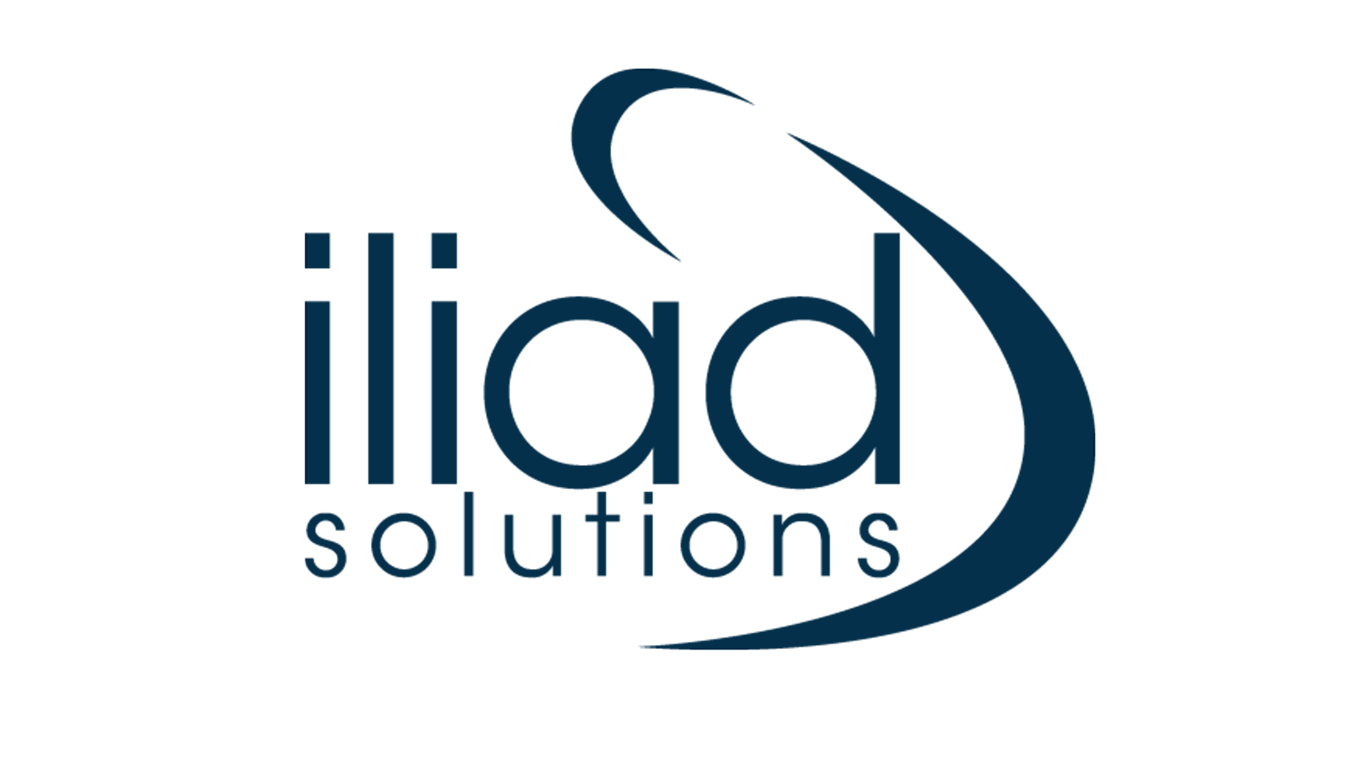
SHAZAM, the member-owned debit network, processor and core provider supporting community banks and credit unions across the USA, has chosen Iliad Solutions as its payments testing supplier.
Iliad Solutions’ products and services, used by leading financial institutions around the globe, help to minimize the risk when deploying new payments technology, reducing the costs associated with testing and improving the speed of launching new systems.
After an extensive trial, SHAZAM has licensed Iliad’s dynamic test platform, t3:Switch to assist in the testing of the interoperability of its solutions with a wide range of payment schemes.
The U.S. and Canada continue to be significant growth areas for Iliad Solutions, with its first North America client (a Top 3 USA bank) benefitting from the t3 platform since 2014. Nine years later, Iliad clients include many of the largest banks and payment processors in North America, as well as major core banking providers to the U.S. community bank market.
Anthony Walton, Iliad Solutions CEO commented: “We are delighted to welcome SHAZAM to our growing list of North American clients. Those licensing our flagship payment testing platform, t3 Switch, are able to bring their digital payments and transaction solutions to market quicker and more efficiently via the high-level of automation and configurability the t3 platform provides.”
Walton adds: “SHAZAM is a respected leader and innovator in the payments industry and has been for decades. Having SHAZAM as a client is an honour and further confirms for the marketplace the unique value of Iliad’s t3 testing platform.”
Stephan Thomasee, SHAZAM’s Chief Technology Officer, added: “We are excited to partner with Iliad on their industry-leading payment testing solutions. Our comprehensive trial proved the t3:Switch driven solutions to be a significant step forward in our internal and external client testing capabilities. In addition, the holistic nature and designed flexibility made the Iliad platform a standout choice in the marketplace.”
Related News
- 05:00 am
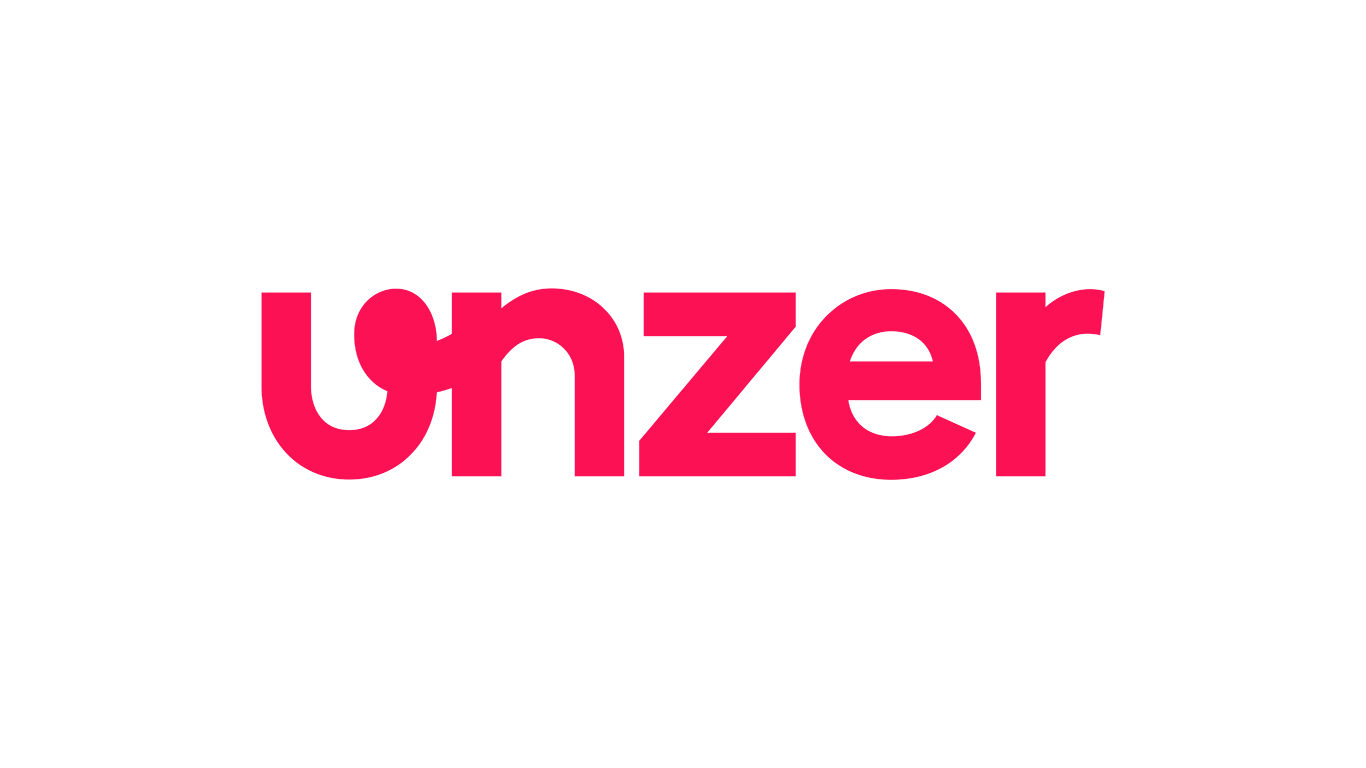
Unzer, a company offering payment and commerce solutions, today launched its new buy now, pay later (BNPL) product. Under the name "upaylater", Unzer is integrating invoice and instalment payment methods, as well as direct debit into its product portfolio via a single interface. This makes it even easier for merchants to meet customers' growing demand for BNPL services. In the future, Unzer looks forward to expanding its market share in BNPL services.
Unzer follows a white-label approach – i.e., has no visible presence in the checkout process, allowing the respective shop to handle all payment steps based on its own branding and style needs. This strengthens the trust and loyalty of the end customer to the retailer and leads to a lower abandonment rate. All payment steps are handled in the brand presence and environment of the respective shop, and merchants can design the checkout according to their wishes and in their own design.
Unzer is not new to invoices, instalments, or guaranteed direct debit, having offered all three payment methods in their basic forms for over ten years. However, the company has now combined the knowledge, data and technology together into a new offering. This goes hand in hand with a simplified technical integration: merchants can choose from a range of international as well as country-specific payment methods and effortlessly add them to their shops.
In addition, Unzer has added instalments and invoices to its available point-of-sale payment methods, enabling retailers to offer consistent shopping experiences both online and offline (“unified commerce”). Each transaction runs via a platform that synchronises sales, product and customer data seamlessly and in real-time – no matter where and how their customers pay or receive the goods. This simplifies business processes, reduces technical complexity and saves time and costs.
A responsible risk assessment protects consumers from over-indebtedness. Based on various parameters such as date of birth and address, Unzer checks the identity and creditworthiness of customers for even the smallest purchases in real-time and prevents fraud. Powerful risk assessment software analyses a variety of factors in a fraction of a second. Anyone who has missed payments, has outstanding invoices or exceeds a certain amount of receivables must pay for a purchase in full before they can use further BNPL services. In this way, both merchants and customers benefit from Unzer’s access to a wide range of payment options.
Robert Bueninck, CEO at Unzer, explains: “Unlike most of our competitors, Unzer does not target end customers. The entire customer relationship remains with the retailer. This also means that we don't use customers' data to offer them other products. Unzer wants to be a pioneer in the field of responsible invoice and instalment purchases. That's why we anticipate potential regulation when we design our products.”
Buy now, pay later options come with advantages for both sides. Customers can view the goods at their leisure and make their own decision on when to pay. Moreover, white-label BNPL services require neither a customer account nor an additional app.
Retailers, in turn, benefit from fuller shopping baskets, fewer abandoned purchases and a digital payment process that, in the case of instalment purchases, comes with a significantly faster application process than a classic consumer loan. With just a few clicks, the purchase is completed, and each instalment is collected automatically while the merchant receives the full sale price immediately.
Unzer is committed to simplifying commerce by combining technology, data and payments to help merchants start, run, and grow their businesses. In autumn 2022, the company presented its mobile device, POS Go, and unified commerce platform, UnzerOne. The platform not only merges payment transactions at the point of sale with online payment transactions but also enables all systems to communicate with each other in real-time. This way, businesses have one single source of truth for their product, inventory, order and customer data across all touchpoints, while customers benefit from a consistent and seamless shopping experience.
Related News
- 02:00 am
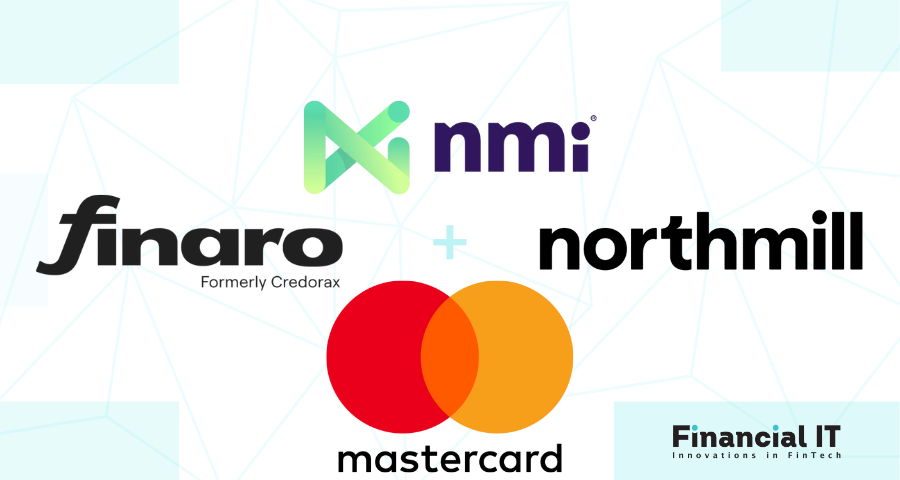
Achiya Fried, Chief Commercial and Strategy Office for Finaro, adds: “Finaro is delighted to join this deployment with Mastercard, NMI and Northmill, bringing the cutting-edge capabilities of Tap on Phone payments to Nordic merchants. With these next-generation acceptance capabilities, merchants can literally accept contactless transactions whenever and wherever, they wish. And this deployment signifies another important milestone for Finaro’s footprint in the Nordics, which we consider a strategic territory in our global business.”
According to Ruben Frimand Nielsen, Vice President of Sales & Business Development for the Nordics at
Finaro, “The partnership between these companies represents a golden opportunity for merchants across the Nordics to bring the convenience of contactless payments to even more businesses. With the Nordic region being one of the most advanced eCommerce markets in Europe, merchants there are familiar with mobile commerce and mPOS terminals, but this new offer takes Nordic payments to the next level.”
Davide Messina, Senior Vice President Merchant Solutions Europe at Mastercard added: “The Cloud powers our work to make every device a way to pay and be paid. It gives our customers more flexibility, plugging into services more quickly and with less hardware. We are pleased to be working with Finaro, NMI and Northmill on this launch to bring secure cloud Tap on Phone payments to the European region.”
Tord Topsholm, CEO at Northmill adds: "We are thrilled to be partnering with Finaro, Mastercard, and NMI to bring the benefits of Cloud Commerce to small and medium-sized merchants across the Nordics. This is a game-changer for businesses that want to provide a seamless, secure, and convenient payment experience that meets the needs of their customers and will make it easier for merchants to accept contactless payments and enable them to focus on what they do best – serving their customers."
Peter Galvin, Chief Product Officer at NMI: “The launch of Cloud Tap on Phone pilot saw great success in the U.S., so we’re thrilled to expand this partnership into the Nordic market. Consumers today prioritize convenience, speed, and ease of use in their payment experiences, and this technology will help merchants provide the best contactless payments experience possible by utilizing smartphones instead of investing in additional hardware to process payments more quickly than ever before.”
Related News
- 05:00 am
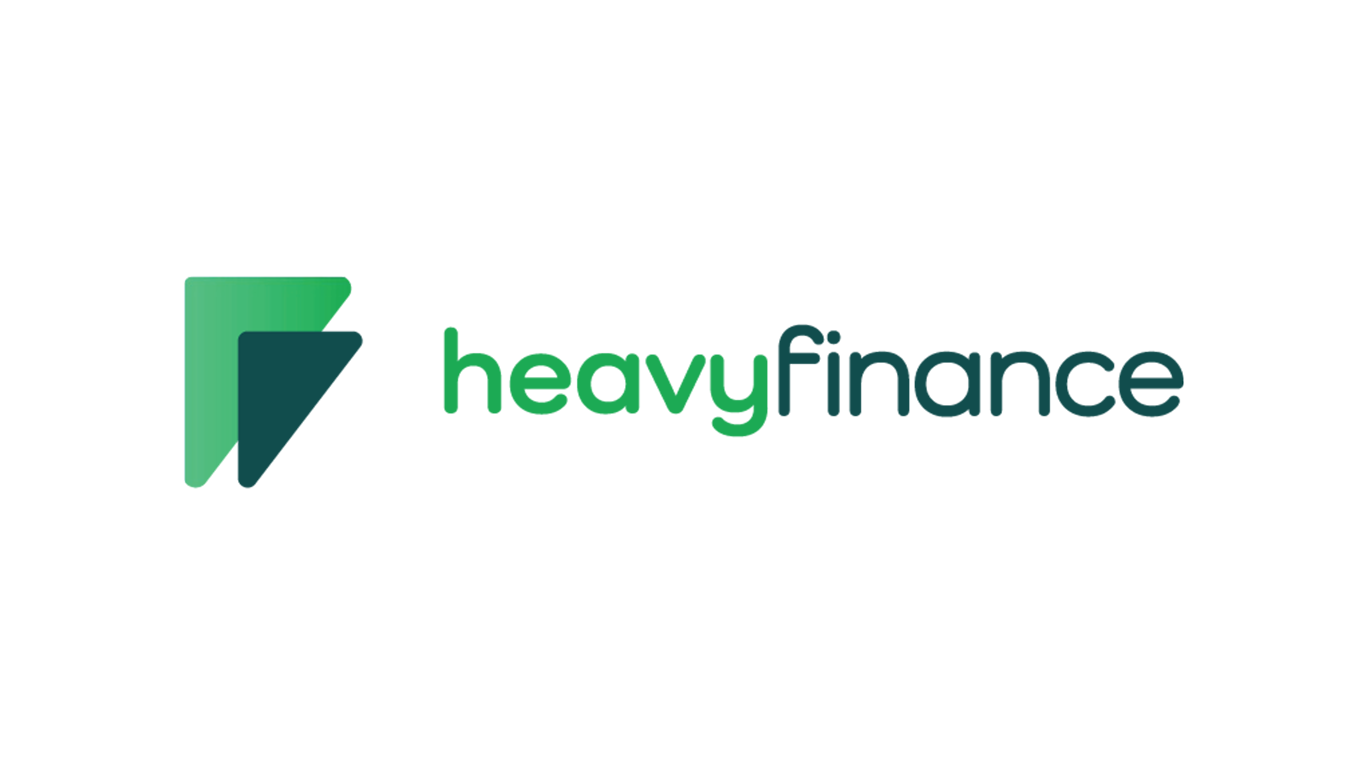
HeavyFinance, a climate tech investment marketplace for the agricultural industry, has successfully raised €3 million during its seed funding round, led by VC firm Practica Capital.
HeavyFinance is a European Fintech tackling the climate crisis, providing financing and loan schemes for companies in the sustainable agriculture sphere, with the goal of removing 1 gigaton of CO2 emissions by 2050.
The investment will help the company continue their European expansion, currently operating in Poland, Portugal, Lithuania, Latvia and Bulgaria, with ambitious plans to nearly double its current headcount of 33 staff over the next 12 months.
HeavyFinance will also use the funding to accelerate the switch from conventional farming to regenerative practices, to enrol 200,000 hectares of regenerative farmland as part of a carbon farming initiative, and create direct access for businesses looking to offset their carbon footprint.
Laimonas Noreika, Founder of HeavyFinance, said:
“After a successful seed round, HeavyFinance is ready to continue its expansion in the European marketplace, delivering sustainable climate investments to even more investors. Operating in additional markets and expanding our investor suite is an important step in the company’s growth and the development of new products and schemes, alongside bringing in industry experts to support our journey will be a priority over the coming months.“
“Tackling climate change must be a united effort, and with almost a third of global greenhouse emissions coming from agricultural products, HeavyFinance is here to lead the charge in the agricultural sector. Food growth plays a vital part in the climate battle as a prominent global issue, and connecting investors with farmers and agricultural specialists through our finance platform can help accelerate the adoption of regenerative soil management practices to reduce carbon emissions output throughout Europe.”
HeavyFinance’s financing supports soil health and maintenance in order to reduce emissions from machinery fossil fuel combustion, remove CO2 from the atmosphere through the biogeochemical pressures of plants, reduce N2O pollution from excessive fertiliser application, improve biodiversity, and help farms become resilient to the effects of climate change such as draughts and high temperatures.
The company has built an underlying infrastructure to score the borrowing capabilities of farmers and agricultural operators to facilitate transactions and administer loans more effectively.
Arvydas Bložė, Partner at Practica Capital, said:
“HeavyFinance team is committed to transforming the traditional agricultural lending marketplace by incentivizing farmers to adopt sustainable and regenerative farming practices by providing them access to the necessary capital. By connecting farmers in Europe directly and introducing a proprietary soil-based carbon credit methodology, we anticipate creating a new channel for downstream corporates to offset their carbon credits and stimulating institutional capital investments in the green sector.”
Related News
- 02:00 am
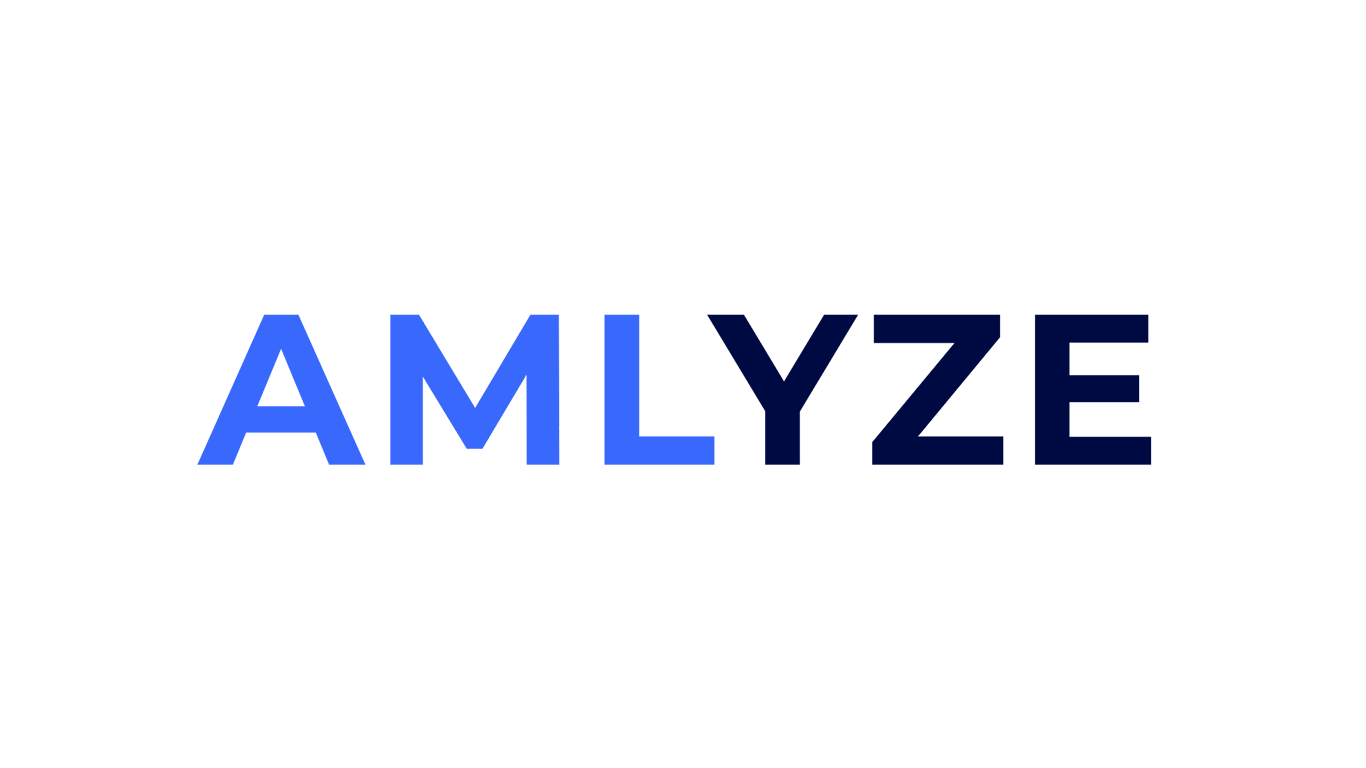
AMLYZE, a fast-developing RegTech startup that helps fintechs, crypto businesses, banks, and other regulated entities to fight against financial crime, is strengthening its team with anti-money laundering expert Eglė Kontautaitė, former Head of the Money Laundering Prevention Division at the Bank of Lithuania.
"I see AMLYZE as a leader in automated AML solutions, and I have ideas on how to further improve the experience of existing and potential customers, thus further consolidating this leadership on an international level. I’m confident that my experience as part of the main Lithuanian financial market supervisory authority, working closely with financial service providers both in their supervision and later in advising them on how to properly comply with the legislation, will benefit AMLYZE and its customers.
I look closely at mistakes in complex areas where they are not tolerated and the consequences of violations are painful in every way, not only in terms of enforcement actions by the regulator but also in terms of loss of reputation in a market where reputation is crucial for sustainable business relationships with clients and partners," says E. Kontautaitė.
Related News
- 04:00 am
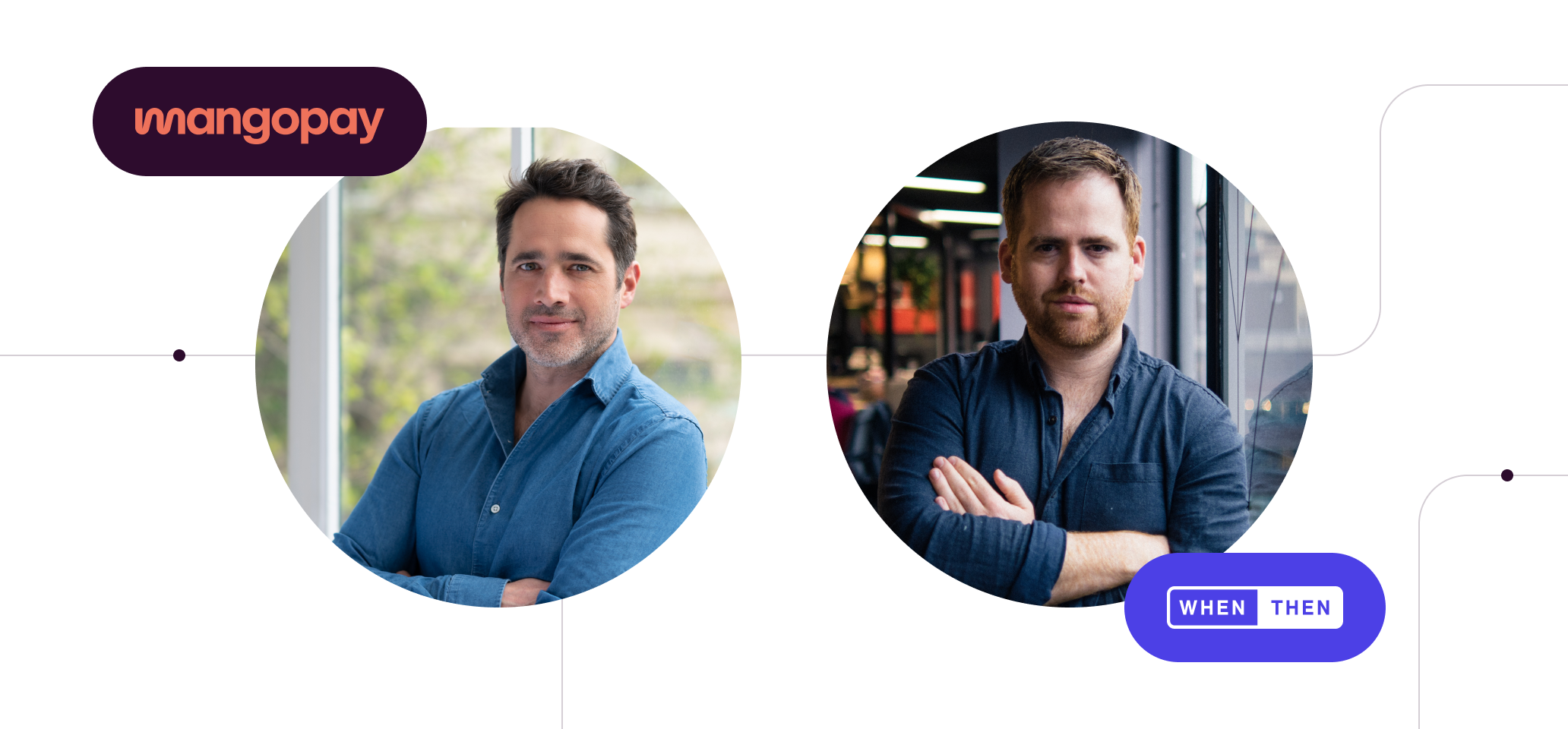
Mangopay the platform-specific payment infrastructure provider, announces the acquisition of WhenThen, a Dublin-based payments technology company, which powers payment acceptance and automates payment operations for online businesses worldwide. With WhenThen’s technology and global connectivity, Mangopay will rapidly scale its entire payment offering to unlock significant value for its existing platform customers, through multi-processor relationships and a greater level of automation.
Through this acquisition, Mangopay continues to strengthen its product capabilities and add new revenue streams by utilising its acquisitions of both WhenThen and Nethone as fully integrated offering.
A complete payment solution built entirely for platforms
In a single integration, WhenThen’s and Mangopay’s combined technologies will give platform customers :
- Powerful payment orchestration, enabling them to do intelligent payment routing to reduce costs, remove barriers at checkout and boost conversion rates on all payment methods.
- Increase local checkout conversion rates and meet the expectations of their customers by instantly being able to add payment methods to their checkout flows with clicks, through a self-service dashboard.
- Securely store and access customer card data via a native cloud PCI DSS Level 1 certified card vault that not only tokenises customer cards but also enables network tokens (Visa, Mastercard, AMEX) and automatic card updater, ensuring platforms always have their customers’ latest card details on file.
- Automate time-consuming manual payment operations through a central Payment Insights and Operations dashboard to unlock hidden revenue by fixing payment inefficiencies and issues like disputes, refunds, declines, and failed transactions.
Romain Mazeries, CEO, Mangopay, comments: “As the platform economy continues to grow, creating amazing payment experiences remains a key factor for our customers and prospects . Acquiring WhenThen enables Mangopay to rapidly accelerate its payment capabilities whilst providing the best payment experiences in the market. It represents a strategic asset for our growth plans, following the acquisition of Nethone in 2022 that strengthened our fraud capabilities. We are committed to serving our loyal customers, such as Vinted, LeBonCoin, Chrono24, Wallapop and many others,with enhanced features, and modular technologies that best meet their needs”.
“We are extremely excited to embark on Mangopay’s journey and become the next global payment leader for platforms,” adds Kirk Donohoe, former co-founder & CEO of WhenThen, now Chief Product Officer of Mangopay. “Platform-based businesses, big and small, seek flexibility in how they build and operate their payment stack as they strive to meet their growth and revenue targets. They have had to adopt a one-size-fits-all payments system approach for too long. We want to give them more control, flexibility and scalability.”
WhenThen’s entire team and products have now fully merged with Mangopay and will operate under the Mangopay brand.
Joining as Chief Product Officer, WhenThen co-founder Kirk Donohoe becomes the latest addition to Mangopay’s Executive Committee, which has seen the arrival of several new senior payment and marketplace executives over the past year, including CTO Ronen Benchetrit (ex-Zopa, Bumble), CRO Luke Trayfoot (ex-PayPal), General Counsel Olympe Leflambe (ex-Ebay), CFO Carlos Sanchez Arruti (ex-Amazon) and Nethone CEO Hubert Rachwalski.









